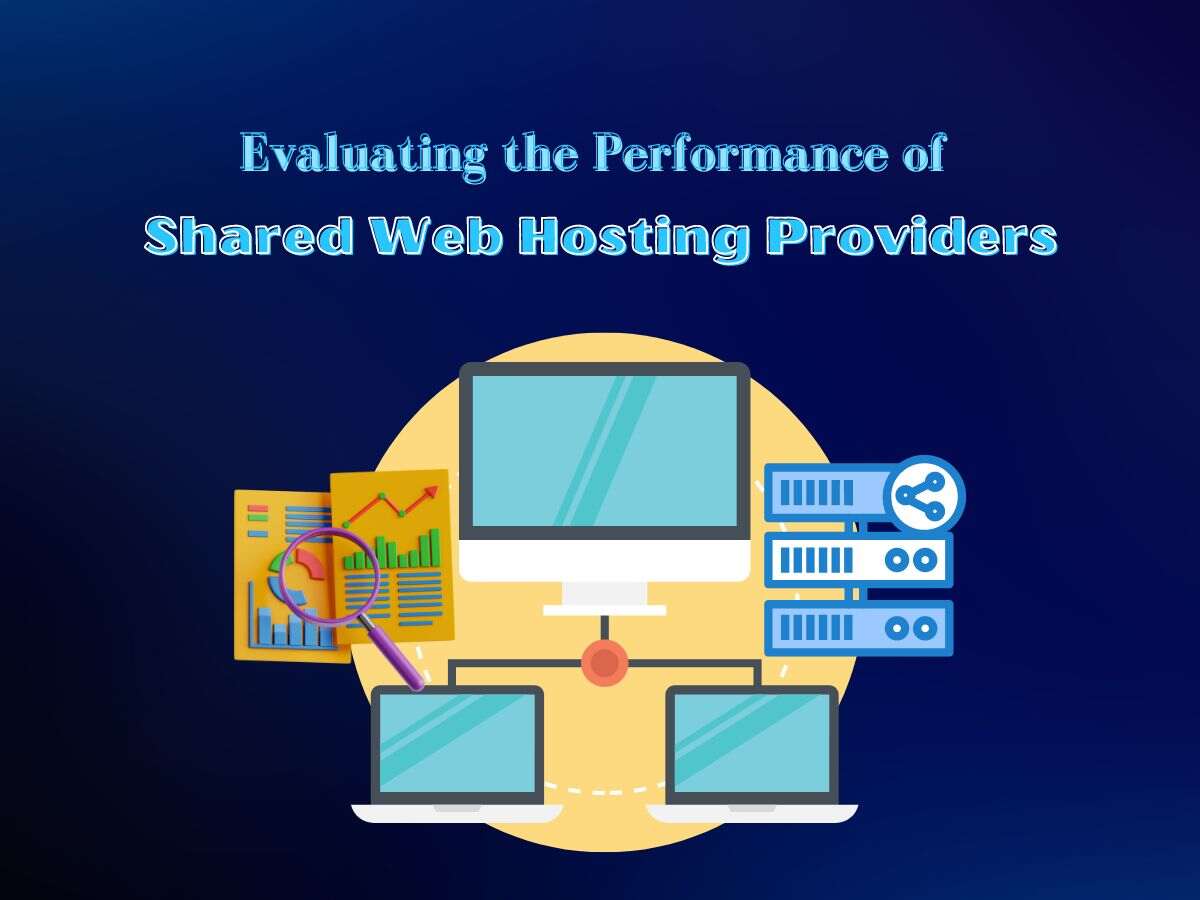
How to Ensure Excellent Website Performance with Your Business Web Hosting
In today’s digital world, having a rapidly responsive, reliably available website is key to maintaining a strong online presence. Your website’s performance can significantly shape the user experience, affecting your site’s traffic and potentially your bottom line. For this reason, optimizing your website performance is a high priority. One pivotal factor in this equation is your choice of Business web hosting. Let’s explore how you can ensure excellent website performance through strategic web hosting decisions.
Selecting the Right Business Web Hosting Type
Web hosting comes in various forms, including shared, VPS, dedicated servers, and cloud hosting. Shared hosting caters primarily to smaller sites with less traffic. However, as your business expands, your hosting requirements grow, and you might need to upgrade to VPS, dedicated, or cloud hosting to ensure your website keeps up with the traffic
Harnessing Server Power
Your website speed and overall performance largely depend on your server’s capability. RAM, CPU, and storage type (HDD or SSD) play crucial roles in dictating server speed. Ensure you select a web hosting plan that offers robust server hardware capable of handling your anticipated load, as this directly affects your site’s speed.
Prioritizing Uptime
Your website needs to be accessible round the clock. Downtime not only frustrates users but can also harm your reputation and your search rankings. Look for web hosting providers that offer high uptime guarantees, preferably of 99.9% or above.
Choosing a Server Location
The physical proximity of your server to your target audience can influence your website speed. Users close to your server will typically experience faster load times. If your audience is spread out, consider a host that offers content delivery network (CDN) integration, which stores cached versions of your website on a global network of servers.
Optimizing Bandwidth and Disk Space
Ensure the hosting provider offers ample bandwidth and disk space to handle your website’s traffic and data. It’s crucial to understand your business’s current and anticipated future needs to avoid interruptions or slow load times during peak traffic periods.
Considering Scalability
As your business grows, so too will your hosting needs. Select a web hosting provider who can scale their services in line with your business growth, upgrading resources as necessary without causing significant downtime.
Leaning on Customer Support
Technical issues are an inescapable part of running a website. Having a hosting provider who features great customer support can be invaluable when glitches arise. Look for providers offering 24/7 support via various channels like phone, email, and live chat.
Ensuring Security
Solid security measures protect your website from cyber threats and data loss, which can seriously hamper your site’s reputation and performance. Opt for a hosting provider that offers integral security features such as SSL certification, firewalls, DDoS protection, and regular backups.
Conclusion
A high-performing website forms the backbone of your online business, and your web hosting choices can massively impact it. By prioritizing aspects like hosting type, server power, uptime guarantees, server location, bandwidth, scalability, customer support, and security, you can ensure excellent website performance that keeps your visitors satisfied and boosts your business.







